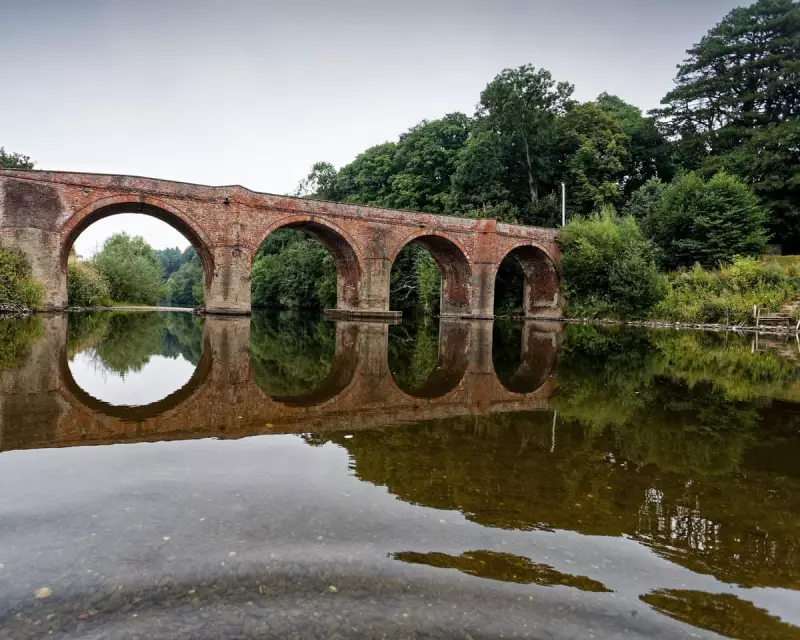
In a landmark environmental showdown, thousands of residents across England and Wales have united to launch legal proceedings against water companies and regulatory bodies over what they describe as 'systemic failure' to protect three major river systems from devastating pollution.
The Scale of the Crisis
The collective action, believed to be one of the largest of its kind in UK legal history, involves claimants from communities along the River Wye, River Usk, and River Lugg. These once-pristine waterways have suffered what environmental experts call 'catastrophic ecological damage' from agricultural runoff and sewage discharges.
Legal representatives confirm that 'thousands of individuals' have already joined the case, with numbers growing daily as public outrage over river conditions reaches boiling point. The claimants argue that regulatory bodies have consistently failed to enforce environmental protections, allowing pollution levels to breach legal limits for years.
What's at Stake
The legal battle centres on allegations that:
- Water companies have repeatedly discharged untreated sewage into rivers during heavy rainfall
- Agricultural practices have led to excessive nutrient pollution damaging aquatic ecosystems
- Regulatory monitoring and enforcement has been inadequate for decades
- Local communities have suffered loss of recreational access and ecological damage
Environmental campaigners describe the situation as 'an environmental emergency unfolding in slow motion,' with once-thriving river ecosystems now showing signs of severe distress, including algal blooms and declining wildlife populations.
Broader Implications
This unprecedented legal action represents a growing trend of citizens taking environmental protection into their own hands when official channels fail. The case could set a legal precedent for how water pollution is regulated and enforced across the United Kingdom.
As one legal expert noted, 'This isn't just about three rivers—it's about establishing who bears responsibility for protecting our natural heritage when regulatory systems break down.'
The outcome could have far-reaching consequences for water companies, farming practices, and environmental regulation throughout England and Wales, potentially forcing fundamental changes in how the nation manages its precious freshwater resources.





